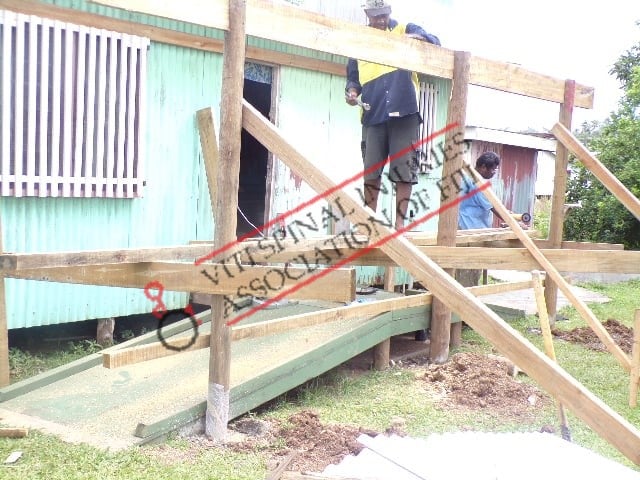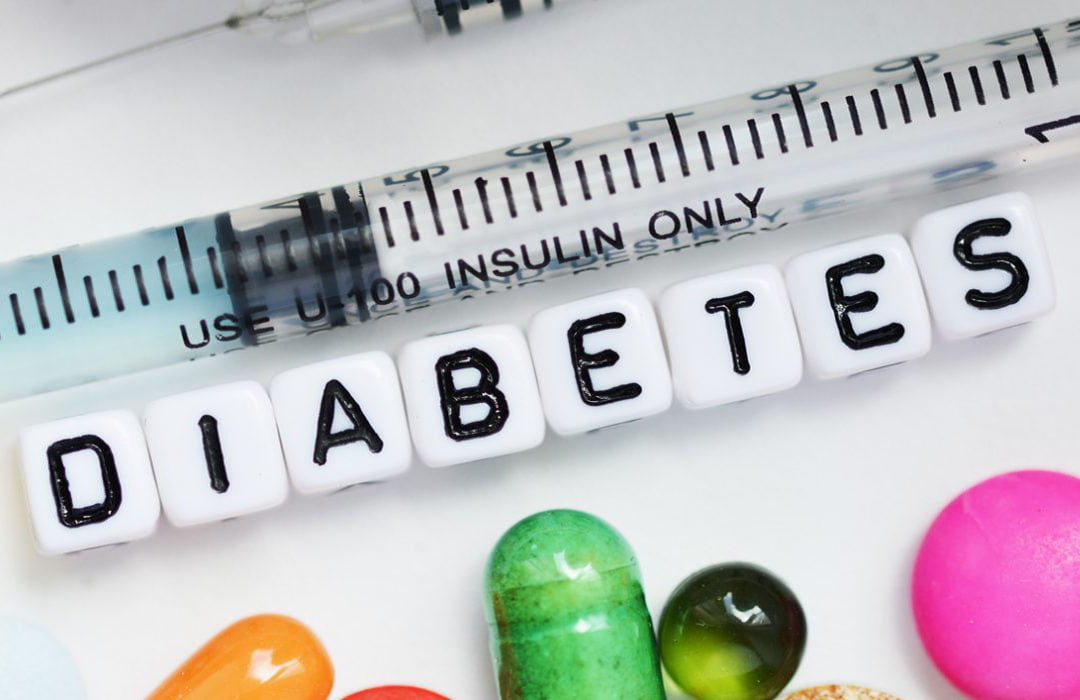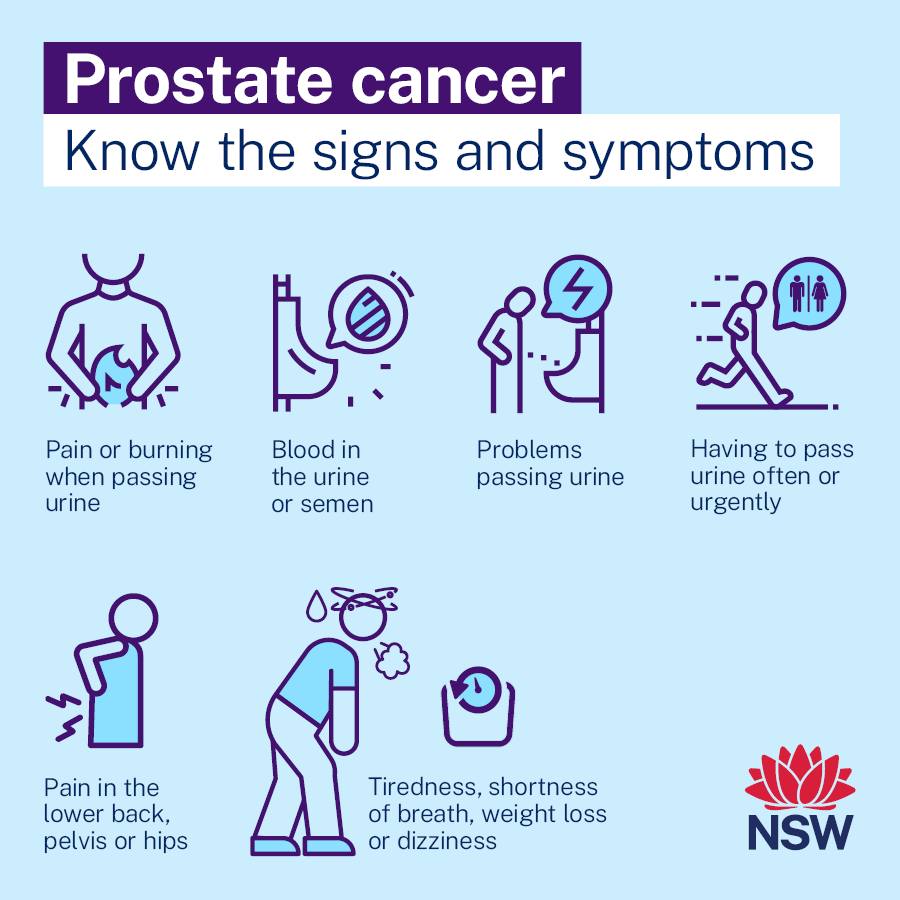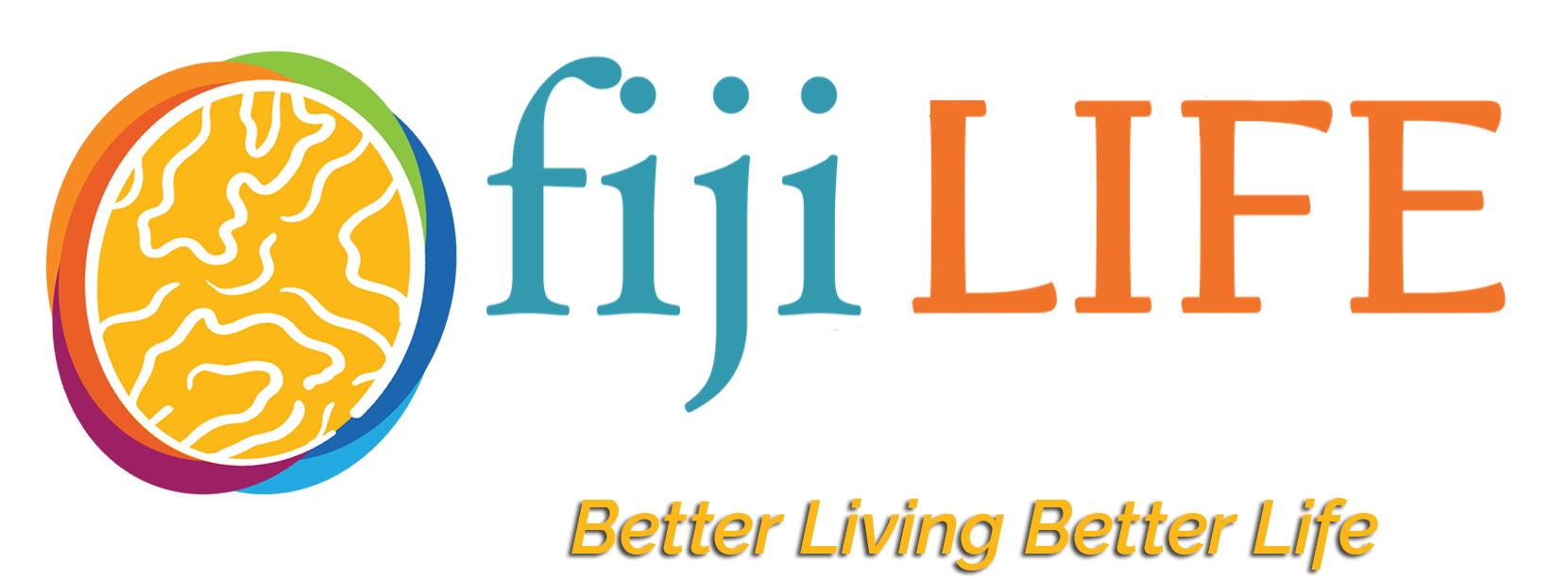Health Care and Assistive Technology
Health care and assistive technology enables and promotes inclusion and participation, especially of persons with disability, aging populations, and people with non-communicable diseases. The primary purpose of assistive products is to maintain or improve an individual’s functioning and independence, thereby promoting their well-being. They enable people to live healthy, productive, independent and dignified lives, and to participate in education, the labour market and civic life. — World Health Organization.
Ongoing support for people in need can provide structure and routine, contribute to a sense of purpose, and provide financial security and social connection. Assistive technologies include mobility aids, grab rails, transfer aids, beds, wheelchairs, shower and toileting equipment, complex home modifications including bathroom modifications and ramps, spectacles, prostheses and devices that support memory, among many others.
While supporting independence and well-being, these products can also help to prevent or reduce the effects of secondary health conditions, such as lower limb amputation in people with diabetes. They can also reduce the need and impact on carers and mitigate the need for formal health and support services. Moreover, access to appropriate assistive products can have a tremendous impact on community development and economic growth.
Medical & Educational Equipment & Supplies
Gifted by Rotary Donations In Kind, Adelaide.
Consignee: Viti Spinal Injuries Association of Fiji, Suva.
FijiLIFE Foundation an Viti Spinal Injuries Association of Fiji (VSIAF) have established a project to ship a 40 ft container of gifted used medical and educational equipment provided by Rotary Donations In Kind in Adelaide to Suva. Having used, but up-to-date specialist equipment, can mean the difference between life and death for patients being treated in their homes or Fiji hospitals. Educational resources are critical to transform the lives of people, or to improve a community’s environment.
FijiLIFE Directors will liaise with Donations in Kind, Central Region, Rotary Australia World Community Service. The container will be consigned to Kula McGoon, VSIAF, who will distribute the equipment for their own members and to charities who have provided us with their ‘Wishlist’.

Viti Spinal Injuries Association of Fiji (VSIAF) home ramp construction.

Diabetes Fiji To Build More Foot Clinics
The main focus of Diabetes Fiji is to encourage policy makers at the highest level to help create conducive environments for controlling Diabetes and to empower people with diabetes or at risk of diabetes with knowledge and other resources to manage/control their conditions.
In a bid to encourage early treatment of diabetic foot problems, Diabetes Fiji is planning to diversify its clinics in the Central and Western Division. Their priority areas include the greater Suva and Nausori corridor as well as the Nadi to Lautoka areas, where there have been a lot of amputations. Eighty percent of the health facilities in Fiji now have foot-care services in their health facilities to detect and conduct early treatment of diabetic foot-problems. Over 200 nurses and doctors have been trained to facilitate the daily operations of these foot clinics across the country.
Cancer Awareness For Men in Fiji
According to the latest WHO data published in 2018 Prostate Cancer Deaths in Fiji reached 49 or 0.84% of total deaths.
The age adjusted Death Rate is 17.79 per 100,000 of population ranks Fiji #79 in the world.
Prostate cancer occurs when abnormal cells develop in the prostate gland. Some of the risk factors include: Family history and age. Chances of developing prostate cancer increases with age. It is recommended that if you are 50 you MUST get screened or if there is family history then screen at 45 years. Diet – eating a diet high in processes foods and fact can increase your risk. Look out and be aware of your body.
Statistics taken from the Ministry of Health’s 2013 Annual Report show that prostate cancer is the second most common cancer among men in Fiji. On 3 November, 2021 The Fiji Times reported that Prostate cancer is a silent killer of many Fijian men. Silent, because those afflicted with the disease often keep it to themselves, ashamed of what others may think and afraid of the stigma.

